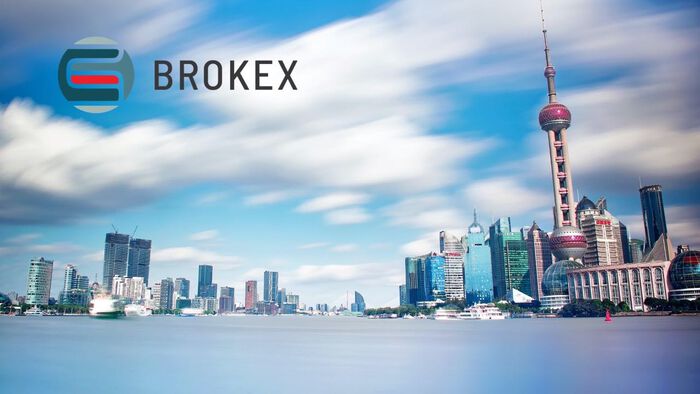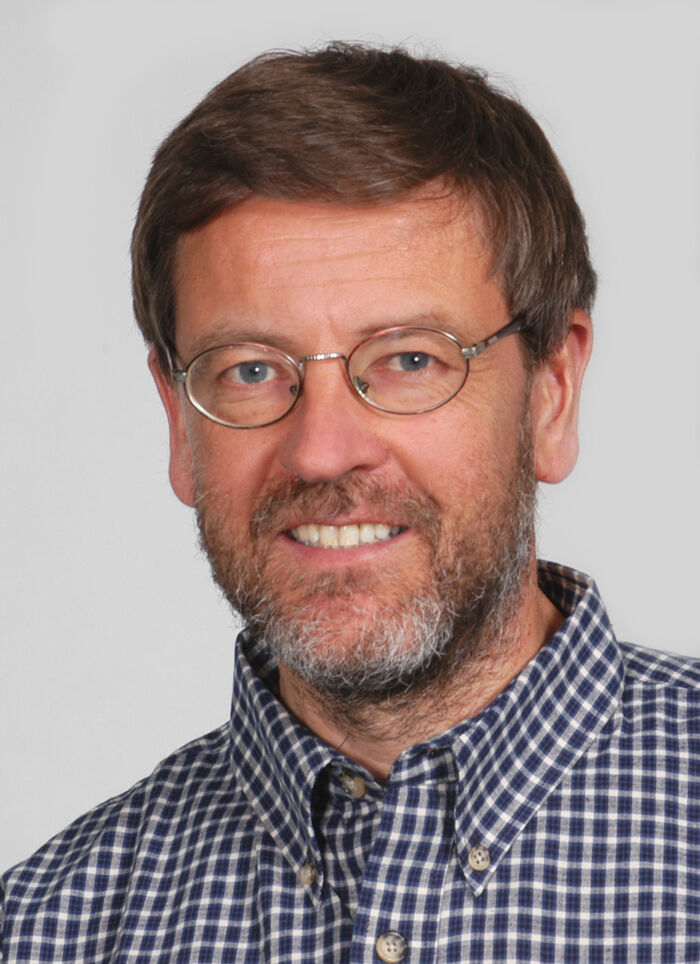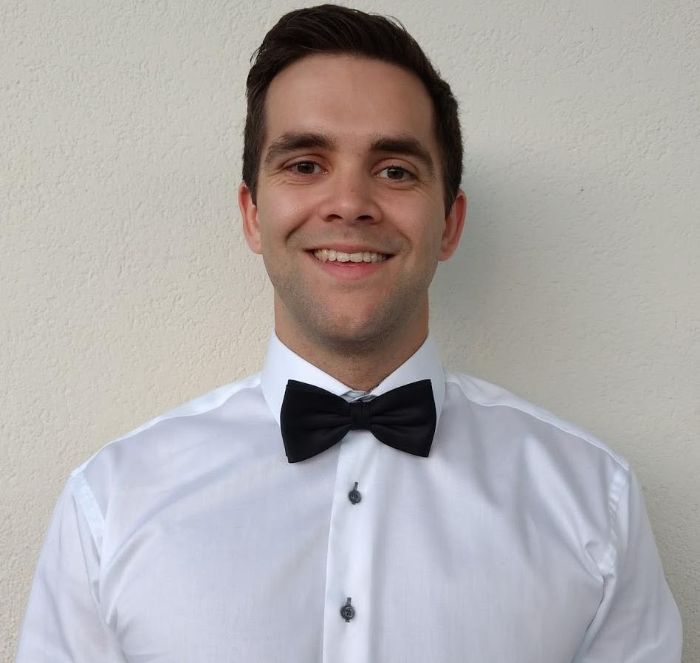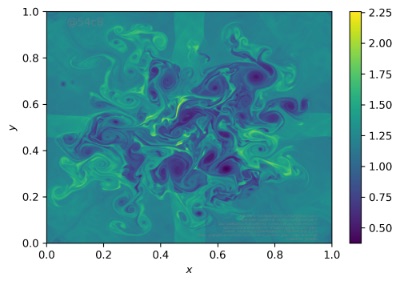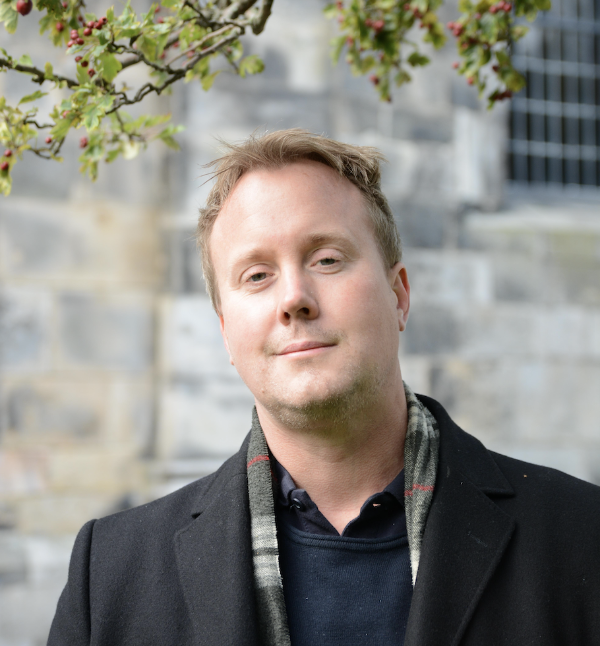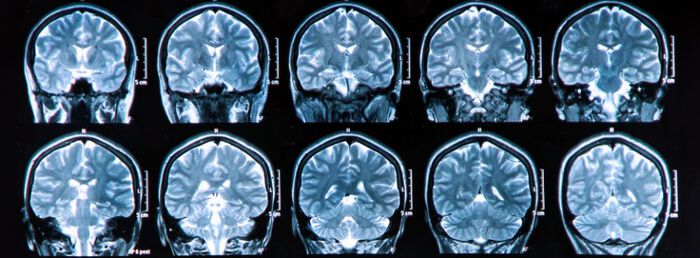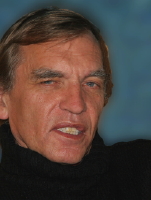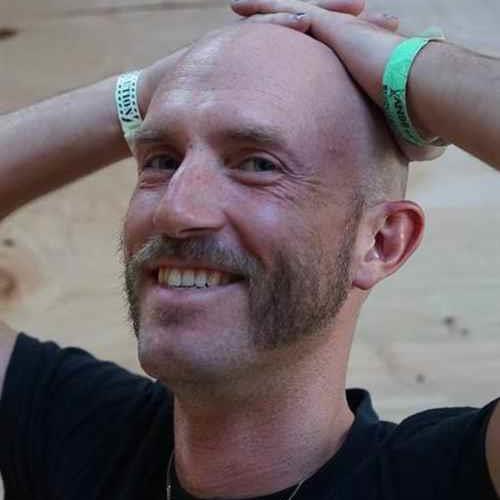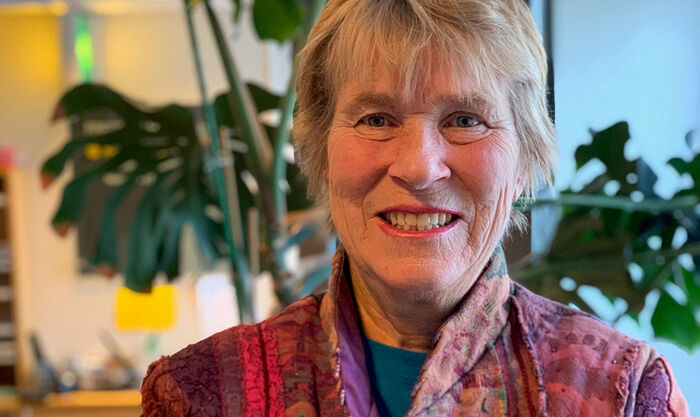Tidligere arrangementer - Side 57
China’s rise to superpower status is the most important geopolitical change of our time. On November 3rd we are excited to host two international experts on this topic, Elizabeth Economy and Shaun Breslin, in discussion with China correspondent for the New York Times, Amy Qin.
Cards are drawn, one at a time, with replacement, from a deck of n cards. I study the total time W_n needed until we have seen all n cards, via different perspectives, along with a Gumbel limiting distribution. Various non-trivial identities, involving different perspectives for moments and Laplace transformations, are found as corollaries. These findings are also used to estimate the number of different cards,if uknown. If I needed to sample 133 words from a document, before I had 50 different words, what is the vocabulary size for the document? How many words did Shakespeare know (including those he never used in his writing)?
An Abels T?rn podcast about some of these themes, which attracted a fair amount of inspired comments and guesses from the public (specifically, finding the mean of W_n above, for the case of n = 52 cards), can be found on the Abels T?rn website, July 2021, as a conversation with Torkild Jemterud, Jo R?islien, and myself.
Sondre Vik Furuseth, Rosseland Centre for Solar Physics, UiO.
The PDE seminars for the Autumn of 2021 will be held every Tuesday from 10:15–12:00
Professor Dan Crisan, Imperial College London, author of several books on filtering is now holding an intensive course.
Abstract: Mixed-dimensional partial differential equations (PDEs) are equations coupling unknown fields defined over domains of differing topological dimensions. Such mixed-dimensional PDEs naturally arise in a wide range of fields including geology, biomedicine, and fracture mechanics. We introduce an automated framework dedicated to mixed-dimensional problems as part of the FEniCS library. This talk gives an overview of the abstractions and algorithms involved. The introduced tools will be illustrated by concrete examples of applications in biomedicine (see below for more detailed context).
This talk is part of the Mechanics Lunch Seminar series. Bring-your-own-lunch and lots of questions.
Oscar Agertz, Department of Astronomy and Theoretical Physics at Lund University, Sweden.
Senior Engineer Sigrid R?nneberg, Justervesenet (The Norwegian Metrology Service)
The talk is elementary and discusses empirical modelling of single variables with insurance losses as example. There are in such cases little or no theory to go on, and the amount of data is many situation quite scarce. Why do we so often limit ourselves to fit two-parameter families? It will be suggested that it may be a good idea to work with more flexible models with three or four parameters and that this may provide a nice framework for automating the entire procedure for the computer to work alone. Sure, with little data the parameters may be unstably estimated, but that may not apply equally to the distributions they define. Many-parameter families suitable for insurance losses will be reviewed with some simple asymptotics in an example allowing this and with Monte Carlo to throw light on the issue in other cases.
Welcome to this seminar, where Danica Kragic, Professor at the School of Computer Science and Communication at the Royal Institute of Technology, KTH, will talk about human action modelling and human-robot collaboration.
NCMM Associate Investigators, Magnus Aronsen, Associate Professor and Head of the Experimental Cardiology Group at the Institute of Basic Medical Sciences, UiO, and Alicia Llorente, Senior Scientist at the Institute for Cancer Research, Oslo University Hospital, will present their research as part of the NCMM Tuesday seminar series.
In this talk I will discuss the variational form of Bayes theorem by Zellner (1988). This result is the rationale behind the variational (approximate) inference scheme, although it is not always that clear in modern presentations. I will discuss two applications of this results. First, I will show how to do a low-rank mean correction within the INLA framework (with amazing results), which is essential for the next generation of the R-INLA software currently in development. In the second one, I will introduce the Bayesian learning rule, which unify many machine-learning algorithms from fields such as optimization, deep learning, and graphical models. This includes classical algorithms such as ridge regression, Newton's method, and Kalman filter, as well as modern deep-learning algorithms such as stochastic-gradient descent, RMSprop, and Dropout.
The first part of the talk is based on our recent research at KAUST, while the second part is based upon \texttt{arxiv.org/abs/2107.04562} with Dr. Mohammad Emtiyaz Khan, RIKEN Center for AI Project, Tokyo.
Abstract: The concept of symmetry breaking is well-known in physics, for instance in condensed matter, where it results from interactions in a many-body system — e.g., phase transition in a spin system. Yet, as physicists, we tend not to think of the patterned structures seen in living, many-body systems in terms of broken symmetries. Whether it is the spacing of knuckles on our hand, the collective alignment of hairs on an insect wing, or more globally the transformation of a homogeneous, isotropic embryo into a developed organism, symmetry breaking abounds in biology. What new insights can a physicist bring to understand the origin of these complex phenomena? (Click title to read full abstract below...)
Abstract: Elimination of substances from the brain is believed to occur by a combination of convection and diffusion. In previous work, transport along perivascular spaces around blood vessels have been explicitly meshed and modeled, and also 1D-3D models have been used to model the interaction between blood and brain tissue. A problem with both these approaches is that it requires spatial information of all blood vessels within the brain and in addition may result in a computationally expensive system to solve. In this talk, I will introduce a homogenized model of transport in the brain, also taking into account transfer between different compartments (like blood and brain tissue) within the brain. Fluid flow in and between compartments are modeled with the mulitple-porosity elasticity theory (MPET), while transport within and between compartments are modeled with convection-diffusion equations. I will further show preliminary results from our model and compare with experimental data obtained in a glioma (brain tumor) patient, where transport between blood and brain is typically altered.
This talk is part of the Mechanics Lunch Seminar series. Bring-your-own-lunch and lots of questions.
Federico Urban, Institute of Physics, Czech Academy of Sciences.
Professor Johanne Sundby from the Department of Community Medicine and Global Health, turns 70! We welcome you to join her celebration seminar on Zoom.
Vestlig statsfeminisme blir ofte beskyldt for ? ha et snevert fokus p? hvithet, cishet, heteroseksualitet og friskhet. I dette arrangementet ?nsker vi ? belyse at de fleste av oss befinner oss i en flytende kompleksitet som varer livet ut, der kroppene v?re kan forandre seg og identitetskategorier vi kan ta for gitt, endres. Dette medf?rer livslang l?ring b?de om oss selv, og i samspill med andre mennesker og med v?re omgivelser.
Now it's time for the traditional Section 3 PhDs' & postdocs' gathering, which will take place in Abels Utsikt on October 12th, 2021, 09.30 - 16.30. All PhD students and postdocs have the opportunity to give a 15-minute talk on their research. In addition, Andrey Pilipenko (National Academy of Sciences of Ukraine/Igor Sikorsky Kyiv Polytechnic Institute) will give a talk on solving ODEs with non-Lipschitz coefficients by perturbation and Hao Tang (UiO) will introduce his research on stochastic fluid models. Welcome!
Open lecture by Professor Jan Palmowski, Secretary General of The Guild of European Research-Intensive Universities.
Hvordan f? strategien inn i eksisterende styringslinjer?
Abstract: My soft matter research group investigates the autonomous transformation of phospholipid agglomerates into membrane compartments through a sequence of topological changes on solid interfaces. This process is initiated by contact and wetting of artificially created as well as natural surfaces by the lipids, and proceeds via a network of interconnected lipid nanotubes to produce nearly uniform lipid bilayer compartments. Under minimal assumptions it is conceivable that such process could have occurred on the early Earth, where the autonomous formation of simple membrane compartments is presumed to have enabled encapsulation of nucleotides and prebiotic chemistry precursors. According to the currently accepted “bulk hypothesis”, such compartments have spontaneously formed under moderate environmental conditions from lipids suspended in bulk aqueous medium. Only very recently, surfaces have emerged as potential supporting structures for the self-assembly of prebiotic compartments. In my talk, I will report on new evidence for the involvement of surfaces in protocell nucleation and development. The talk will highlight the implications of the new findings for our understanding of possible origin of life processes, and argue that materials properties-driven autonomous processes on solid interfaces might have greater role in the development of life than currently considered.
Stable polynomials are a multivariate generalization of real-rooted univariate polynomials. This notion of stability for hypersurfaces can be extended to lower-dimensional varieties, giving rise to positively hyperbolic varieties. I will present results showing that tropicalizations of positively hyperbolic varieties are very special polyhedral complexes with a rich combinatorial structure. This, in particular, generalizes a result of P. Br?ndén showing that the support of a stable polynomial must be an M-convex set.
‘Common prosperity’ is an important goal for the future development of the Chinese economy. This is a response to several decades of increasing inequality during the reform era. Which groups of the Chinese population have so far missed out on the advantages of rapid economic growth? What is their situation?
